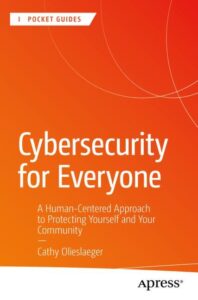
Competitions
Apply what you learned & learn from your mistakes.
Yes. Make mistakes, lots of them.
CyberUp - PowerUp Cyber Games
Geared to inspire middle and high school students, PowerUp Cyber Games, powered by Cyber Skyline, is a unique cybersecurity competition designed to teach participants to solve computer security problems while capturing and/or defending computer systems.
National Cyber League
In 2011, a group of cybersecurity-focused academics from several public agencies got together and created an innovative way for students to apply what they were learning in class. It would be important to reduce barriers and excite young people to participate. Students would have easy access, no matter what their age, skill level or location. The NCL Competition was born. It was one of the earliest e-sports - a competitive game-meets-edutainment - and it would simulate real-life cyberthreats in a safe environment, for students to learn how to defend organizations against cyber-threats and keep them secure.
And it worked. Today, a growing population - more than 10,000 students of all ages, representing over 450 colleges and universities, along with high schools across the U.S. - participates each year in the biannual competition.
NCL is run by the National Cyber League, Inc., a 501(c)3 non-profit founded in May 2011. The founding members are:
- Cyber Security Privacy and Research Institute (CSPRI) - George Washington University
- Center for Systems Security and Information Assurance (CSSIA)
- CyberWatch West (Now NCYTE Center)
- Mid-Pacific Information and Communication Technologies (MPICT) Center
- National CyberWatch Center
Advertisement: Orbitz
US Cyber Patriot
CyberPatriot is the National Youth Cyber Education Program created by the Air Force Association to inspire K-12 students toward careers in cybersecurity or other science, technology, engineering, and mathematics (STEM) disciplines critical to our nation's future. At the core of the program is the National Youth Cyber Defense Competition, the nation's largest cyber defense competition that puts high school and middle school students in charge of securing virtual networks. Other programs include AFA CyberCamps, an elementary school cyber education initiative, a children’s literature series, and CyberGenerations –a cyber safety initiative geared toward keeping senior citizens safe online.


